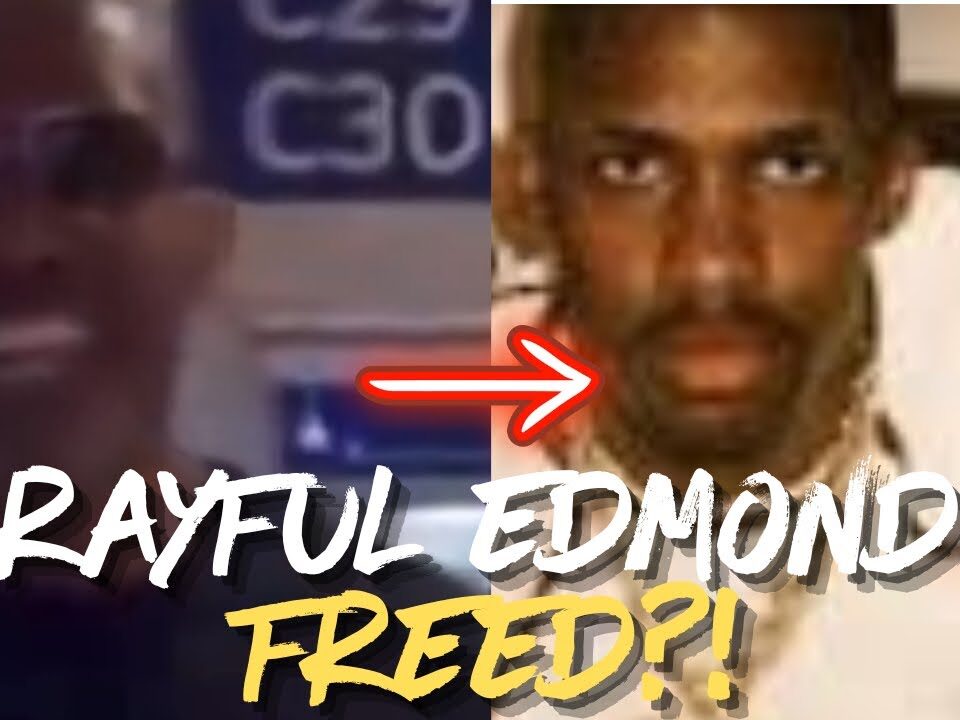The release of former drug kingpin Rafel Edmond from prison has stirred conversations across communities. With a sentence served, opinions are divided on whether he represents a figure of redemption or a reminder of past crimes.
His return to society raises important questions about the values and perceptions in today’s culture. Each perspective offers a lens into the complex dynamics of crime, punishment, and societal forgiveness.
Rafel Edmond, once a notorious figure in the DC drug scene, is now free after serving over 30 years in prison. His release has sparked varied reactions, from celebration to criticism. Some see him as a reformed man, while others remember the shadows of his past. Where does society draw the line between redemption and accountability?
The fascination with the ‘gangster’ persona in popular culture remains strong. Many individuals who return from prison are hailed as icons, despite their past actions. This trend raises questions about what society values more: a redemption story or the notoriety that comes with a criminal past.
There’s a glaring oversight in how society celebrates certain figures. While gangsters are often glorified, those who quietly uplift their communities receive little recognition. This disparity highlights the skewed priorities in societal perceptions, where the allure of the criminal lifestyle overshadows the invaluable contributions of everyday heroes.
True heroes often go unnoticed. These are people who choose the hard path, resisting the lure of easy money from crime. Instead, they work diligently to uplift their communities. Their stories, though not as sensational, offer invaluable lessons in perseverance and integrity. Yet, they rarely receive the spotlight they deserve.
The repetitive cycle of crime and punishment in affected communities is disheartening. Encouraging young people to pursue positive paths, avoiding the allure of crime, is essential. We need to highlight stories of those who made different choices, showcasing the rewards of hard work and determination over quick rewards from illicit activities.
It’s vital to understand the broader context when discussing figures like Edmond. Many individuals in similar situations were often products of their environment, enticed by the temptation of quick wealth. However, acknowledging societal factors doesn’t absolve individuals of their responsibilities and choices.
Rafel Edmond’s release invites a dialogue on redemption and societal change. It challenges us to reflect on who we celebrate and why. True progress lies in recognizing and uplifting those who quietly make a difference.
To move forward, society must recalibrate its values, focusing not on past notoriety but on genuine contributions to community and positive change.










